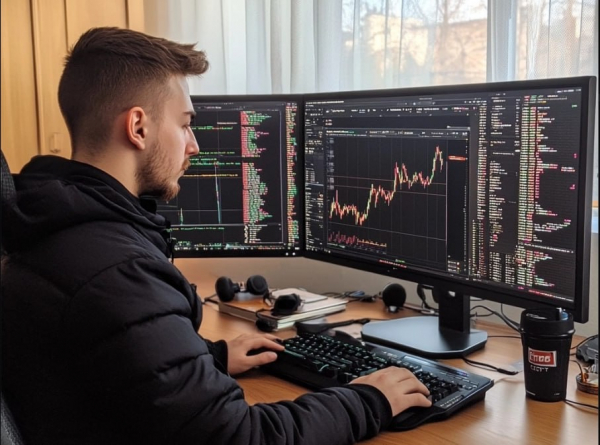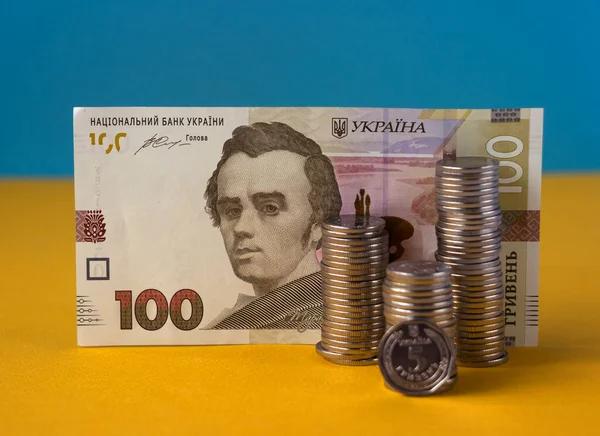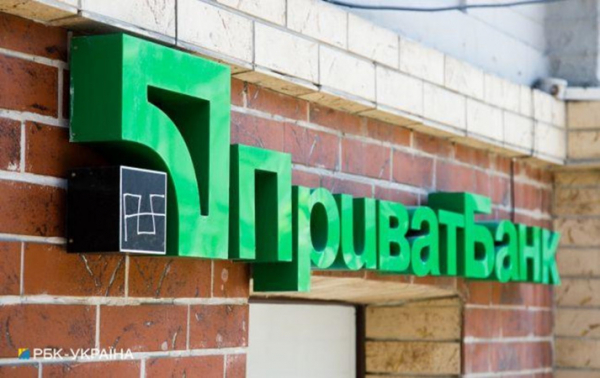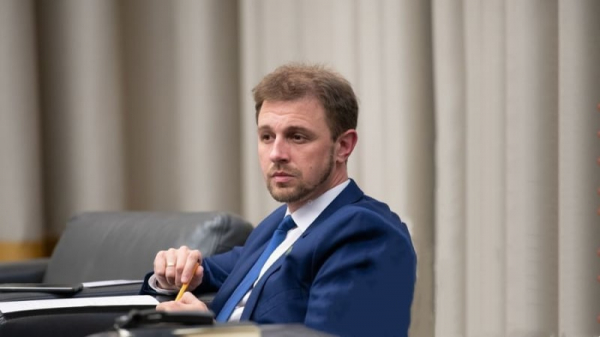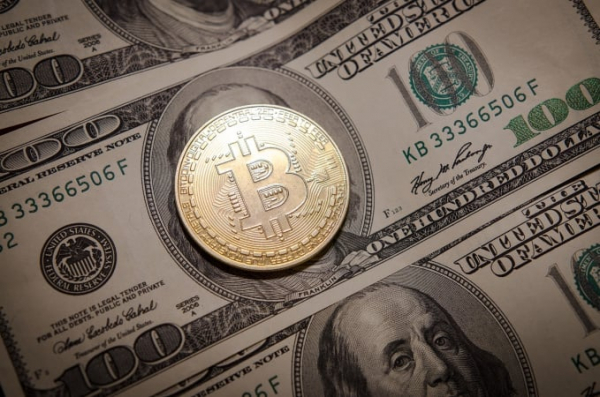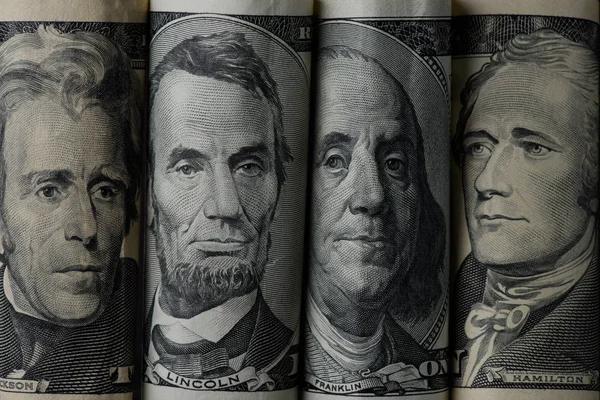The Russian economy will slow down its growth rate to almost zero next year, inflation will be one and a half times higher than the initial forecasts, and supplies of imported goods will continue to decline. The Bank of Russia has included these parameters in a new block of macroeconomic forecasts. The Moscow Times writes about this.
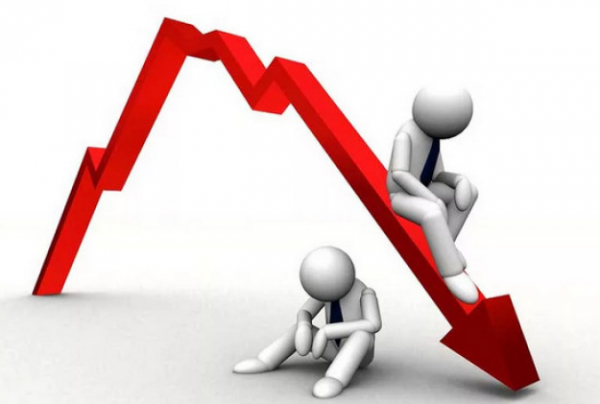
► Subscribe to the telegram channel “Minfina”: main financial news
GDP
According to the Central Bank’s forecast, after growing by 3.6% last year, Russian GDP will add another 3.5-4% this year, after which the economy may slow down 7-8 times. In 2025, the Central Bank predicts an increase in GDP by 1.5% in the optimistic scenario and only 0.5% in the pessimistic scenario.
Following economic growth, investment growth, which this year is estimated at 7− 9%. In 2025, capital investment will add 2% at best, and at worst, it will not grow at all. Russian consumers will also have to tighten their belts, the Central Bank believes: household spending on the purchase of goods and services will increase by only 0-1%, according to the regulator’s forecast.
Inflation
The problem for the economy that has been put on a war footing is the acceleration of inflation: trillions of dollars in injections into defense plants and payments to contract soldiers recruited for the war have inflated the money supply in the country at a record rate in 15 years (more than 20% year-on-year). And the shortage of personnel after sending almost a million people to war has given rise to a “salary race” unseen since the second half of the 2000s.
As a result: the growth rate of consumer prices in Russia this year will be 6.5-7% and will exceed the initial expectations of the Central Bank (4.3-4.8%) by one and a half times. Inflationary pressure in the economy remains high, and “stable inflation accelerated in the second quarter,” the head of the Central Bank Elvira Nabiullina stated at a press conference.
Sanctions
Additional difficulties were caused by the tightening of sanctions, due to which banks in friendly countries began to massively block payments to Russian companies. The Central Bank sees this, especially among importers, Nabiullina noted. According to the Central Bank, the supply of goods to Russia from abroad will decrease by $12 billion by the end of the year, and their final volume — $291 billion — will be 15% lower than before the annexation of Crimea.
To contain inflation, the Central Bank raised the key rate from 16% to 18% and, according to Nabiullina, does not rule out new increases. The Russian economy is in a state of “maximum overheating in 16 years,” and the reserves of labor and production capacity are “practically exhausted,” she said.
On the topic: The Bank of Russia rate is now at the level of African countries and problematic Latin American economies
- Investments Inflation GDP Sanctions


